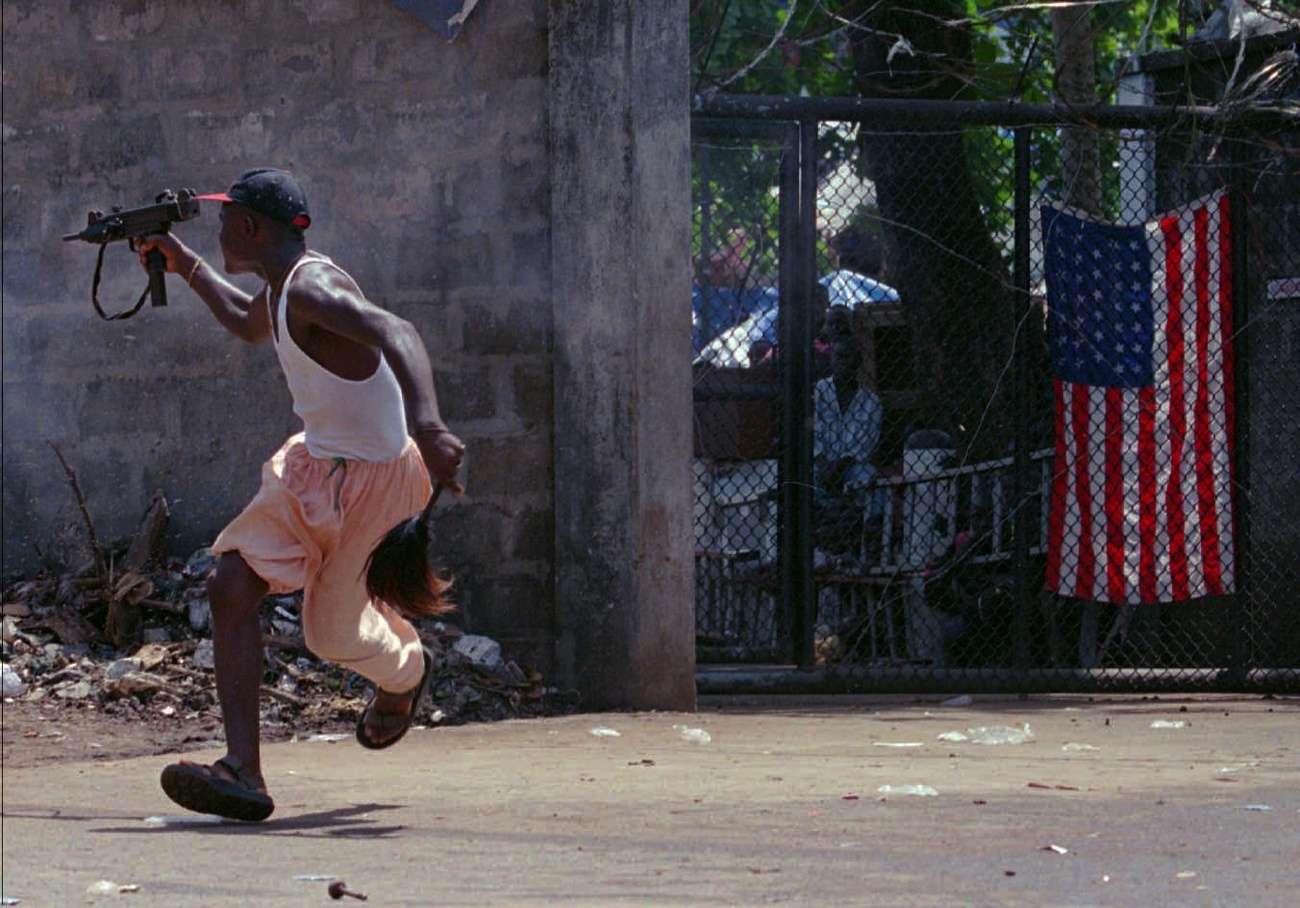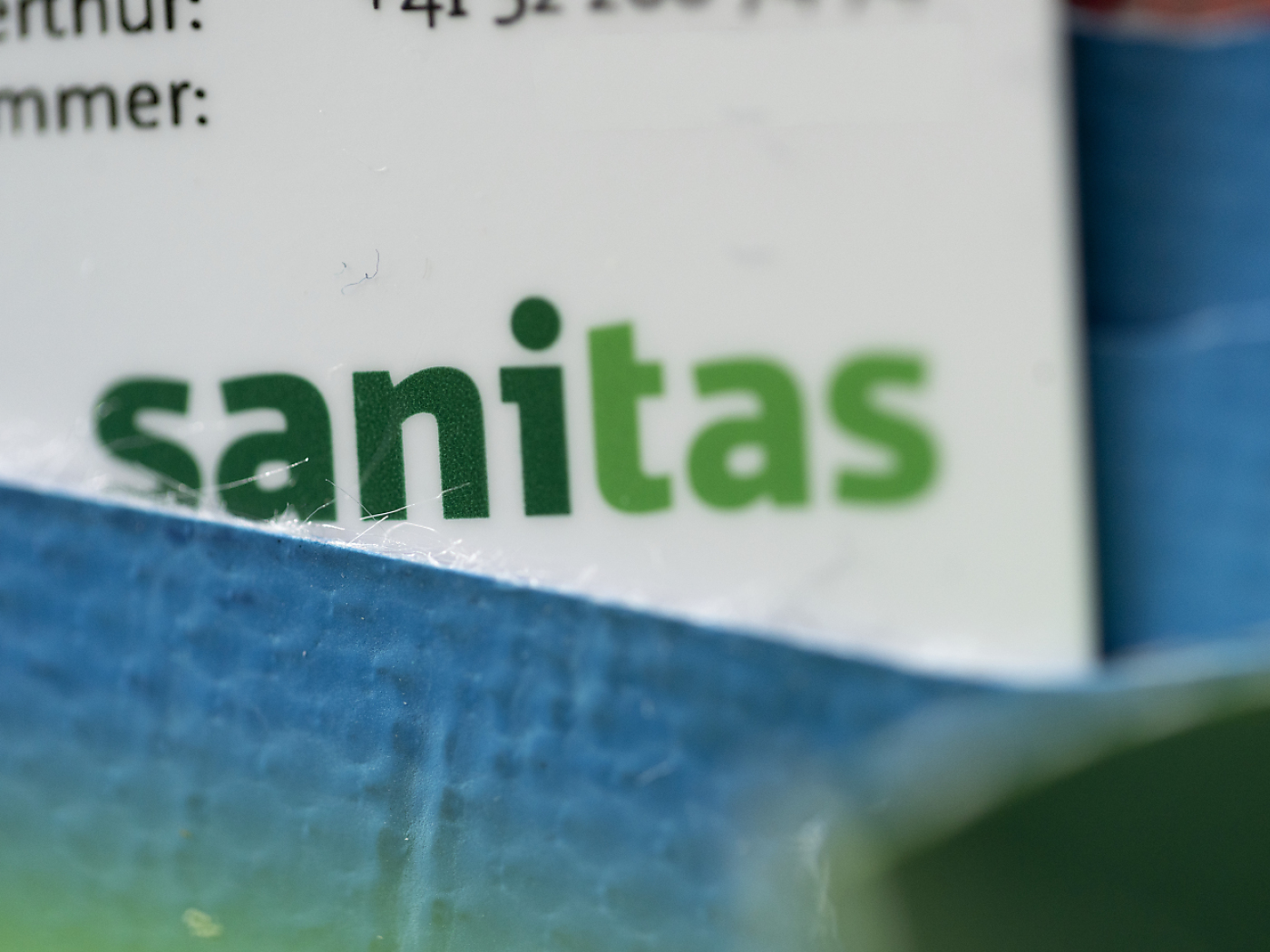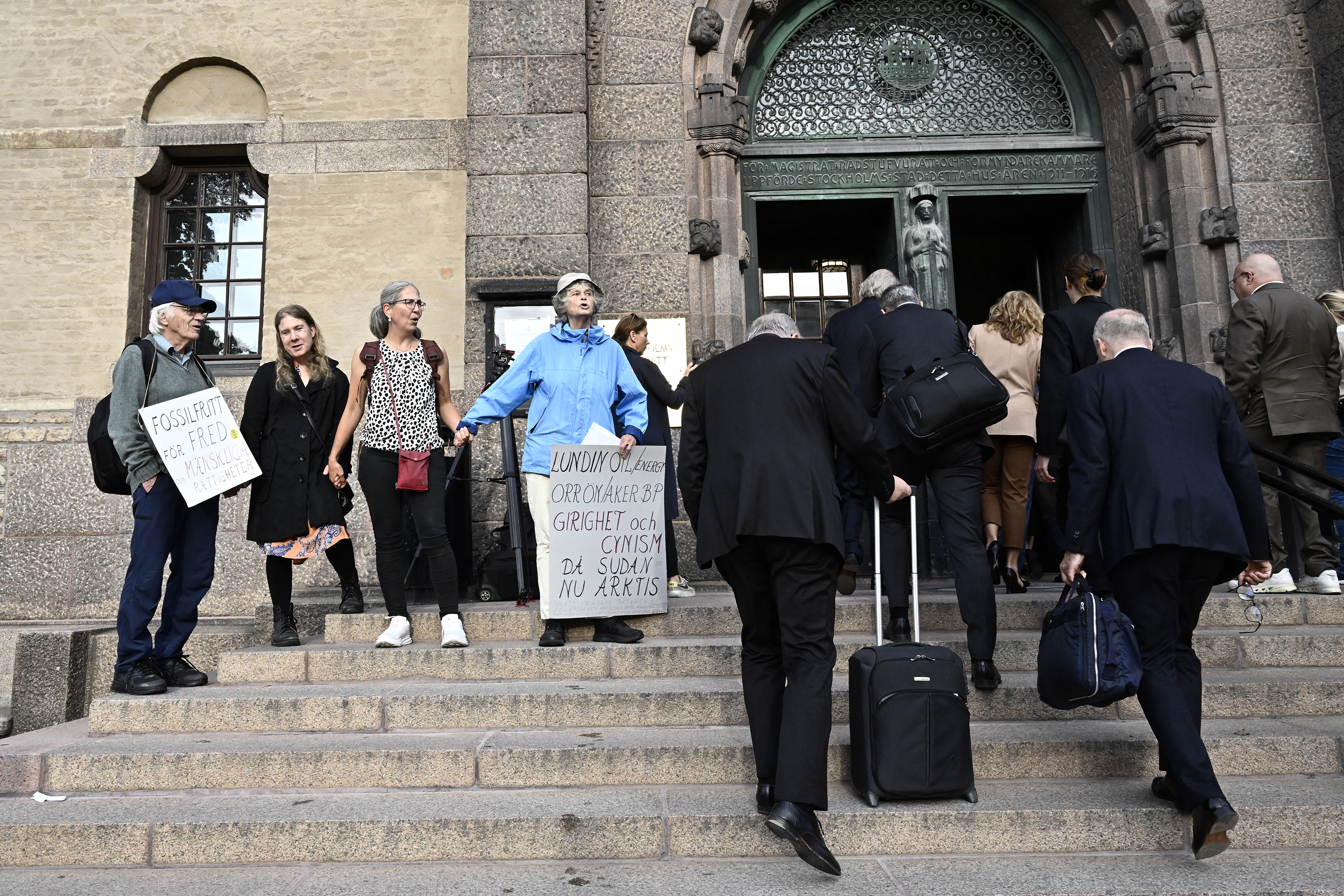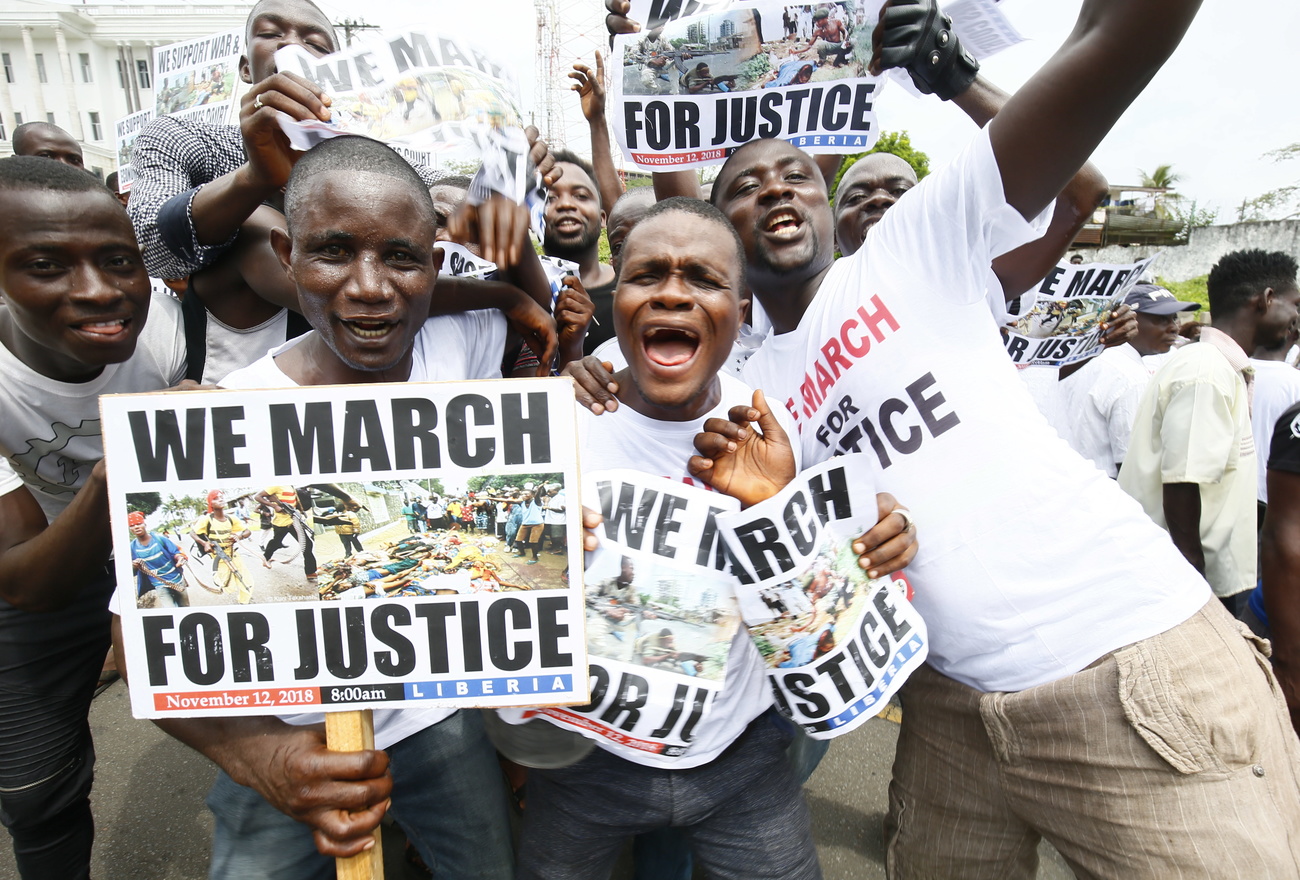The Swiss lawyer who strives to bring war criminals to justice

Alain Werner, a Geneva lawyer specialising in international criminal law, tirelessly pursues war criminals around the world, determined to bring justice to victims of atrocities. Despite political obstacles and the fragile state of international justice, Werner remains committed to his mission: to give a voice to those silenced by history’s horrors.
Alain Werner is resolute in his commitment to achieving justice, despite the constant challenges of prosecuting war criminals. In an interview with Swiss public television, RTS, he recalls a man who lost his brother in a Khmer Rouge detention centre in Phnom Penhm, the capital of Cambodia. “He’d been having nightmares for 30 years,” says Werner. But witnessing the sentencing of Kaing Guek Eav, alias Duch, the camp’s former head, “changed his life”.
“All these experiences inspire us,” he says. “The courage of these people drives us to be their spokespeople, even when convictions come decades after the crimes. Often, the victims now are fathers, mothers, brothers or sisters.”
The election of Donald Trump as US president in 2016 was a disappointment for Werner, who saw it as a setback for justice. “For a lawyer who believes in justice, it’s troubling when a sitting US president has both civil and criminal convictions,” he comments.
In addition to his work on the Khmer Rouge trials, the Swiss lawyer has represented victims in significant war crimes cases, including those of former heads of state Charles Taylor in Liberia and Hissène Habré in Chad. In 2012, he founded Civitas Maxima, an NGO that documents war crimes and supports victims in their pursuit of justice.
Limits of the International Criminal Court
Werner’s work often reveals the limitations of the International Criminal Court (ICC), which only 125 countries recognise. “The paradox is that neither China, Russia, India nor even the United States have ratified the Rome Statute of the ICC,” he explains. “So, most of the world remains beyond its reach.”
Under US Republican administrations, international justice has received minimal support, with former ICC prosecutor Fatou Bensouda even banned from American soil in 2019 over an investigation into alleged US abuses in Afghanistan.
Current ICC prosecutor Karim Khan, who issued arrest warrants in May for Israeli Prime Minister Benjamin Netanyahu and several Hamas leaders, faces similar challenges. The US does not support the indictment of Netanyahu and US President Joe Biden asserts that Israel and Hamas cannot be equated.
Symbolic power
In spite of this opposition, Werner believes strongly in the symbolic value of international justice. He acknowledges that the ICC is complex, with many safeguards, but that arrest warrants are powerful symbols dependent on state cooperation. He highlights the recent example of Russia’s president, Vladimir Putin, who is subject to an international arrest warrant but who recently visited Mongolia – a nation that recognises the ICC.
“Obstacles have been part of international justice from the start,” Werner concludes. “Yet we’re seeing positive developments: despite these major barriers, we’re creating a space for justice.”
Translated from French using DeepL/amva/sb

More
The Swiss NGOs that use universal jurisdiction to bring war criminals to justice

In compliance with the JTI standards
More: SWI swissinfo.ch certified by the Journalism Trust Initiative










You can find an overview of ongoing debates with our journalists here . Please join us!
If you want to start a conversation about a topic raised in this article or want to report factual errors, email us at english@swissinfo.ch.